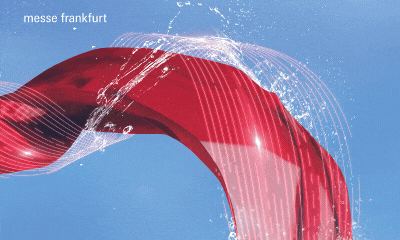Cornell Hospitality Quarterly Article Explains Investment Shortfall in Hotel and Restaurant Stocks
|
Catégorie : Monde - Économie du secteur
- Chiffres et études
Ceci est un communiqué de presse sélectionné par notre comité éditorial et publié gratuitement le vendredi 20 février 2009
Cornell Hospitality Quarterly Article Explains Investment Shortfall in Hotel and Restaurant Stocks
Market Timers for Hospitality Investment Have Been Exactly Wrong on Hotel Stocks
An analysis of four decades of hospitality industry stock returns shows that investors have attempted to time the market—and missed. As explained by Cornell professor David Weinbaum, the timing of investment flows has been inverse to stock performance. Weinbaum's analysis of hotel investment and hospitality industry investing, “Assessing the Historical Performance of Hospitality Stocks: The Investor's Perspective,” is published in the February 2009 issue of Cornell Hospitality Quarterly. The journal is published by Cornell's Center for Hospitality Research, and the article about restaurant and hotel stock investment is available for free download at http://www.hotelschool.cornell.edu/research/chr/pubs/quarterly/featured/.
Report Incorporates New Approach to Calculating Returns for Hospitality and Hotel Investing
An assistant professor at the Cornell's Johnson School of Management, Weinbaum used a novel approach for calculating restaurant and hotel investment returns using a dollar-weighted rate of return. Examining investment flows into and out of hospitality stocks from 1962 through 2006, he determined that investors in hospitality stocks have attempted to time the market during that period. Then he compared the actual, dollar-weighted results to a “perfect” buy-and-hold portfolio of restaurant and hotel stocks. What he discovered was that the timing of investment inflows has been inverse to stock performance. That is, hospitality firms have issued equity capital near market highs, and they have retired capital near market lows.
The effect for hospitality investors of this inverse market timing is an overall shortfall of 1.5 percent per year in returns, Weinbaum calculated, compared to theoretical perfect timing. For hotel investing alone, the shortfall is 2.0 percent per year. “I point out that there are two sides to every trade, which means that for every market-timer who guesses wrong, someone else gains,” said Weinbaum. “The investment flows show that the industry received money from investors at the top of the market, but the flow went from the industry to investors near the bottom. My analysis does not show the reasons for these results, but a large group of investors seem not to understand what drives hospitality stock values.”
Published by Cornell's Center for Hospitality Research, the award-winning Cornell Hospitality Quarterly is available by subscription from Sage Publishing at http://cqx.sagepub.com/.
|
|







